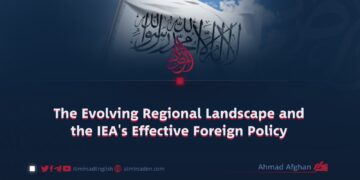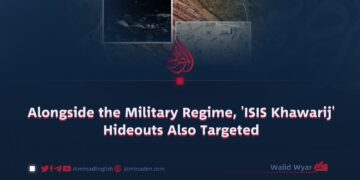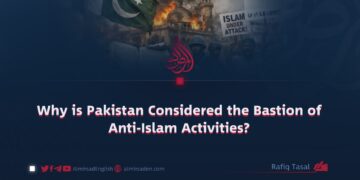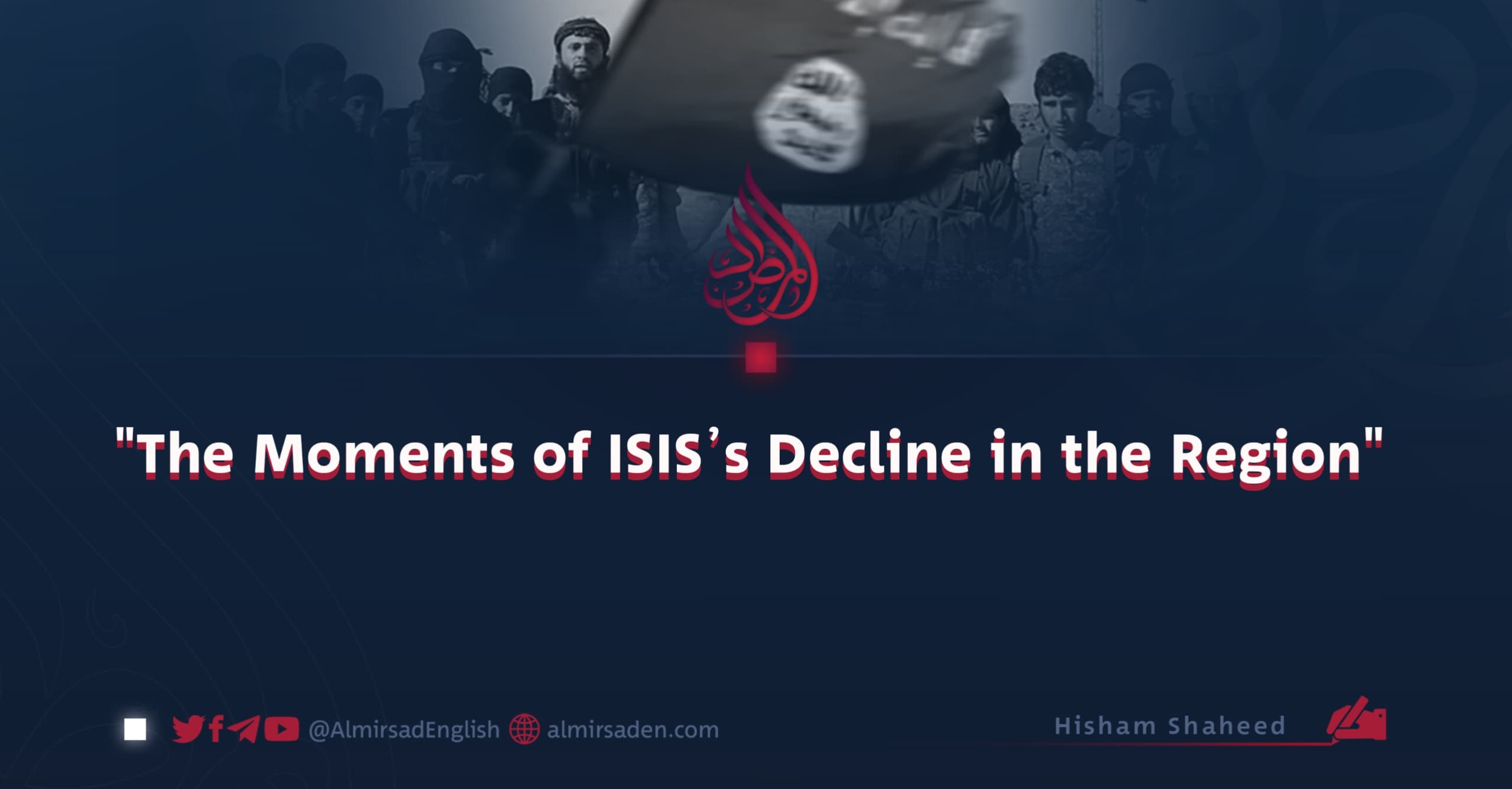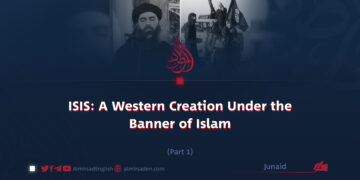Written by: Hisham Shaheed
Years ago, the emergence of an intelligence-backed group proved highly destructive to the world, impacting every part of the globe. Even powerful governments failed to contain and eliminate this group.
This fitna arrived in Afghanistan during the second decade of the occupation, however, it operated with different objectives compared to the Middle East. ISIS aimed to undermine the public support for the Islamic Emirate of Afghanistan among the people, with the intention of establishing its own Islamic State by turning Muslims into targets.
To achieve this, ISIS launched a robust campaign, gaining significant support and inflicting heavy damage on the eastern parts of the country. Wherever they engaged in conflict, Kabul’s militias would promptly arrive in the same area, establishing infrastructure.
The leadership of the Islamic Emirate of Afghanistan (IEA) faced a major challenge. On one side were the Kabul administration and the United States, and on the other were the Khawarij (ISIS), who targeted even innocent civilians, spreading extreme terror. Confronting these dual enemies and combating them with limited resources seemed like an insurmountable task—but the mujahideen of the Islamic Emirate made it possible.
They established special units against ISIS and, over a span of two years, weakened this fitna. However, since the Afghan branch of ISIS was supported by the Republic, eradicating it was unattainable prior to dismantling the Republic itself.
The general leader of ISIS-Khorasan was the security chief of then Vice President Amrullah Saleh, who was known for his loyalty to foreign intelligence. This connection reveals that the ISIS threat was financially supported by the Republic.
Following the fall of the Republic and the takeover of Kabul by the mujahideen, ISIS once again posed a threat to the people, supported by remnants of the Republic. Nevertheless, this time, it was swiftly suppressed. Even though fighters from Tajikistan and Pakistan had recently joined ISIS, the group continues to be defeated due to its lack of local support.
The intelligence of the Islamic Emirate of Afghanistan (IEA) has gained a significant position in the region through its efforts to counter ISIS, surprising many nations with how a new government could quickly defeat such a formidable enemy. This accomplishment is attributed to Allah’s help, the sincerity of the Mujahideen, and the effective training that the nation’s youth have received.
ISIS now operates as an intelligence project in the region, recruiting individuals from various nationalities. However, the IEA assures the public that any barrier hindering the protection of their faith, lives, wealth, and honor will be eliminated.













